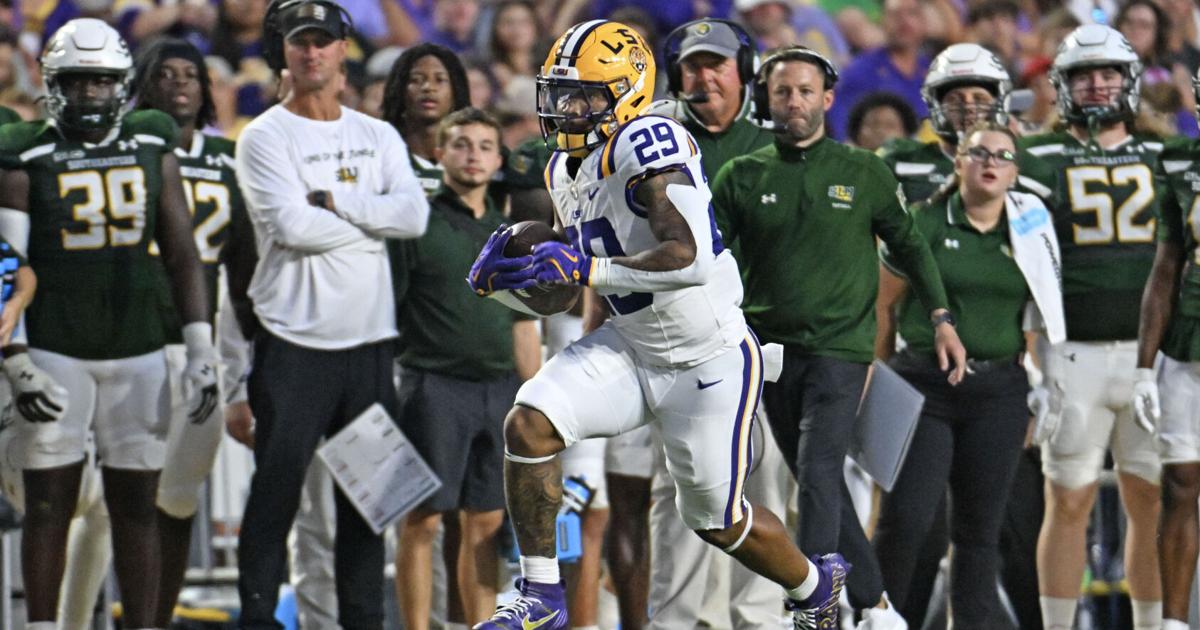Are Democrats Losing Their Humanity by Patronizing Kimmel and Attacking Charlie Kirk?

Published: 2025-09-21 02:12:09 | Category: Trump GNEWS Search
The current state of the Democratic Party reflects a growing divide within American politics. Many Democratic leaders are perceived as out of touch and increasingly polarised, particularly in their response to recent events involving Immigration and Customs Enforcement (ICE) and the assassination of political figure Charlie Kirk. This article explores the implications of recent actions by Democratic officials, their rhetoric against law enforcement, and the resulting fallout, highlighting the challenges facing the party as it strives to regain favour among the electorate.
Last updated: 27 October 2023 (BST)
Key Takeaways
- Democratic leaders staged protests against ICE, leading to arrests, which some view as a disconnect from public sentiment.
- The refusal of many Democrats to support a resolution condemning the assassination of Charlie Kirk highlights partisan divisions.
- Public figures like Jimmy Kimmel are being elevated as heroes while others, such as Kirk, are vilified, showcasing the current political climate.
- The actions of some Democrats have raised questions about their priorities and understanding of law enforcement issues.
- This divide reflects broader tensions within American society regarding free speech and political violence.
Democratic Actions and Arrests
Recently, several Democratic officials in New York City, including Comptroller Brad Lander, were arrested while protesting at a federal detention facility. Their actions included staging a sit-in, demanding access to inspect the holding cells of illegal immigrants. This protest, occurring in a restricted area, saw officials chanting slogans against ICE, which has raised eyebrows regarding their approach to immigration enforcement.
The Political Climate in New York
The circumstances surrounding these protests point to a broader issue within the Democratic Party. Many observers suggest that the party's leadership is increasingly detached from the concerns of average citizens, particularly regarding law enforcement and immigration policies. The protests in New York City mirrored similar demonstrations in Chicago, where clashes with federal agents took place. Such events may further alienate constituents struggling with the complexities of immigration policy and crime.
Partisan Division in Congress
The recent assassination of Charlie Kirk, a prominent conservative figure, brought to light the stark divide in Congress. A resolution to honour Kirk's life and condemn his assassination was met with significant opposition from House Democrats. Over half of the Democratic representatives either voted against the resolution or abstained from voting altogether, reflecting a reluctance to acknowledge Kirk's contributions and the broader implications of political violence.
Responses to Political Violence
The resolution aimed to promote civility and respect in political discourse, calling for a rejection of political violence. However, the resistance from Democrats raises questions about their willingness to unite on issues that transcend party lines. With the resolution passing predominantly along party lines—310 votes in favour, including 215 Republicans—many viewed this as a missed opportunity for bipartisanship.
Public Perception of Heroes and Villains
In the wake of Kirk's assassination, figures like Jimmy Kimmel have emerged as symbolic heroes for some within the Democratic base, while others, like Kirk, are painted in a negative light. This narrative shift has significant implications for the party's messaging and overall strategy. Kimmel's anti-Trump rhetoric, while popular among some, does little to address the underlying issues facing the nation.
The Impact of Celebrity Culture on Politics
The elevation of entertainers to political hero status can obscure the realities of governance. Kimmel's substantial income from his anti-Trump stance illustrates a trend where celebrity culture intertwines with political discourse. This dynamic raises concerns about the authenticity of political arguments and whether they resonate with the values of the broader American populace.
The Role of Partisan Rhetoric
Partisan rhetoric has increasingly characterised debates surrounding key issues such as immigration and law enforcement. The Democratic Party's focus on anti-ICE sentiments may reflect a broader strategy to mobilise their base but risks alienating moderate voters who prioritise public safety and law enforcement support.
Public Safety vs. Immigration Advocacy
The contrasting views on immigration enforcement highlight a fundamental challenge for Democrats: balancing advocacy for immigrant rights with the need for public safety. The perception that Democrats prioritise illegal immigrants over law enforcement may hinder their ability to connect with constituents who view safety as paramount. This tension underscores the necessity for a nuanced approach to policy discussions.
Consequences of the Current Political Landscape
The current political climate signals a growing rift in American society, with increasing hostility between political factions. The backlash against Republicans following Kirk's assassination reflects a broader trend of vilifying opposing views rather than fostering dialogue. This polarisation not only affects political discourse but also shapes public perceptions of safety and governance.
What Lies Ahead for Democrats?
As the Democratic Party navigates these challenges, it faces critical decisions regarding its messaging and strategy. The party must grapple with the implications of its actions and rhetoric on its electoral prospects. Whether Democratic leaders can pivot towards a more inclusive and understanding approach to politics remains to be seen.
Conclusion: A Call for Reflection
The Democratic Party stands at a crossroads, facing the consequences of its actions and the narratives it perpetuates. As political polarisation deepens, the question remains: can Democrats find common ground with those who oppose them? The future of the party may hinge on its ability to engage constructively with a divided electorate.
How will the Democratic Party adapt to the changing political landscape, and will it prioritise unity over division? The answers may shape the course of American politics for years to come. #PoliticalDivision #DemocraticParty #CharlieKirk
FAQs
What prompted the protests by Democratic officials in New York City?
The protests were aimed at opposing Immigration and Customs Enforcement (ICE) policies, particularly regarding the treatment of illegal immigrants in federal detention facilities.
What was the outcome of the resolution honouring Charlie Kirk?
The resolution passed with a vote of 310-58, but more than half of House Democrats either voted against it or abstained, highlighting significant partisan divisions.
How does celebrity culture influence political discourse?
Celebrity figures, like Jimmy Kimmel, can shape political narratives and public perception, often prioritising entertainment value over substantive political discussion.
What challenges do Democrats face in connecting with voters?
The Democratic Party faces challenges in balancing advocacy for immigrant rights with public safety concerns, risking alienation of moderate voters who prioritise law enforcement.
What does the future hold for the Democratic Party?
The future of the Democratic Party may depend on its ability to adapt to a changing political landscape and engage constructively with opposing viewpoints.



